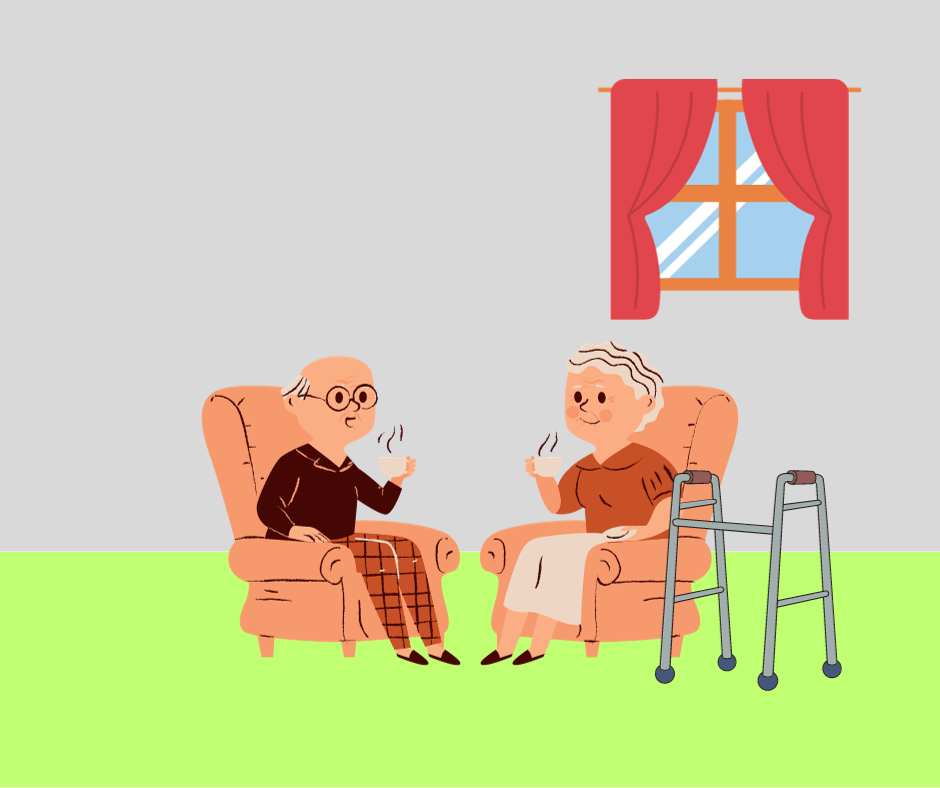10 Essential Tips for a Safe and Comfortable Home Recovery

Recovering from an illness or surgery is a crucial period that demands a safe and comfortable environment. Ensuring that your home supports your recovery process is vital for a speedy and smooth healing journey. Here are ten essential tips to create the perfect environment for your home recovery.
Introduction
Embarking on the road to recovery requires more than just medical attention. Your surroundings play a pivotal role in the healing process. By making a few adjustments, you can transform your home into a sanctuary of comfort and safety.
Creating a Safe Environment
Removing Hazards
The first step in ensuring a safe home recovery is to eliminate potential hazards. This includes securing loose rugs, removing clutter, and ensuring that walkways are clear. Install handrails and grab bars in key areas to provide additional support.
Proper Lighting
Good lighting is crucial for preventing accidents. Ensure that all areas are well-lit, especially staircases, hallways, and entryways. Consider adding motion-sensor lights to provide adequate illumination during nighttime.
Adequate Ventilation
Fresh air is essential for a healthy recovery. Ensure that your living space is well-ventilated. Open windows regularly and consider using air purifiers to maintain a clean and fresh environment.
Setting Up a Comfortable Space
Choosing the Right Furniture
Selecting comfortable and supportive furniture is key to creating a conducive recovery space. Opt for chairs and beds with ergonomic designs that provide proper back support and cushioning.
Arranging for Accessibility
Arrange furniture to allow easy access to essential areas. Ensure that you can move freely without obstacles. Consider temporarily relocating items that may hinder your mobility.
Personalizing the Space
Adding personal touches can significantly boost your morale. Decorate your space with items that bring you joy, such as photos, artwork, or comforting mementos.
Access to Necessities
Proximity to Amenities
Arrange your living space in close proximity to necessary amenities like the kitchen, bathroom, and bedroom. This minimizes the need for excessive movement, promoting a smoother recovery process.
Organizing Supplies
Keep essential items within easy reach. Arrange supplies like medications, toiletries, and snacks in a convenient and accessible manner.
Assistance and Support
Enlisting Help
Don't hesitate to seek help from friends, family, or professional caregivers. Having a support system in place can make a world of difference in your recovery journey.
Communication Accessibility
Ensure that you can easily communicate with those around you. Keep a phone or communication device nearby and consider using assistive technologies if needed.
Medical Resources
Have a list of important contacts readily available, including your healthcare provider's information and emergency numbers. Knowing where to turn for medical assistance is crucial.
Want help keeping track of all this? Then check out our Home Bound Checklist.
Maintaining Emotional Well-being
Creating a Positive Atmosphere
A positive environment can do wonders for your emotional well-being. Surround yourself with uplifting colors, soothing music, and comforting scents.
Engaging in Relaxation Techniques
Incorporate relaxation techniques like deep breathing exercises or meditation into your daily routine. These practices can help alleviate stress and promote a sense of calm.
Staying Connected
Maintain social connections through calls, video chats, or virtual meetups. Staying connected with loved ones provides emotional support and reduces feelings of isolation.
Establishing a Routine
Balancing Activity and Rest
Find a balance between activity and rest. Establish a routine that includes short periods of gentle activity followed by ample time for rest and recovery.
Incorporating Therapeutic Exercises
If recommended by your healthcare provider, incorporate therapeutic exercises into your routine. These exercises can aid in your recovery process.
Managing Medication
Stay on top of your medication schedule. Set reminders and keep a record of dosages to ensure you're receiving the care you need.
Monitoring Progress
Keeping Track of Recovery Milestones
Document your progress to celebrate milestones and identify areas that may need extra attention. This provides a sense of accomplishment and keeps you motivated.
Recognizing Warning Signs
Be vigilant in recognizing any signs of complications. If you experience unusual pain, discomfort, or symptoms, seek immediate medical attention.
Seeking Professional Guidance
Consult your healthcare provider regularly to discuss your progress. They can provide guidance, and adjustments to your treatment plan, and address any concerns.
Adapting to Challenges
Problem-Solving Strategies
Approach challenges with a problem-solving mindset. Seek creative solutions and don't hesitate to ask for help when needed.
Seeking Alternative Solutions
If certain aspects of your recovery plan prove challenging, explore alternative approaches with your healthcare provider. They can offer insights and adjustments to better suit your needs.
Conclusion
Creating a safe and comfortable home recovery environment is a vital step toward a successful healing journey. By following these ten essential tips, you can optimize your surroundings to support your recovery process effectively. Remember, your well-being is paramount, and your home should be a sanctuary that promotes healing and comfort.
FAQs
- How soon should I start preparing my home for recovery?
- It's advisable to start making adjustments well in advance of your scheduled recovery period. This ensures that your home is fully prepared and optimized for your comfort and safety.
- What are some additional safety measures I can implement?
- Installing non-slip mats, securing rugs, and ensuring proper handrails are additional measures that can enhance safety during recovery.
- How can I maintain a positive mindset during recovery?
- Surround yourself with uplifting elements, engage in activities you enjoy, and seek support from loved ones. These factors contribute to a positive emotional state.
- What should I do if I encounter unexpected challenges during recovery?
- Don't hesitate to consult your healthcare provider. They can offer guidance and adjustments to your recovery plan to address any challenges you may face.
- Is it necessary to consult a professional for home modifications?
- Depending on your specific needs, consulting with a professional for home modifications, such as occupational therapists or accessibility experts, can be immensely beneficial in creating an optimal recovery environment.

